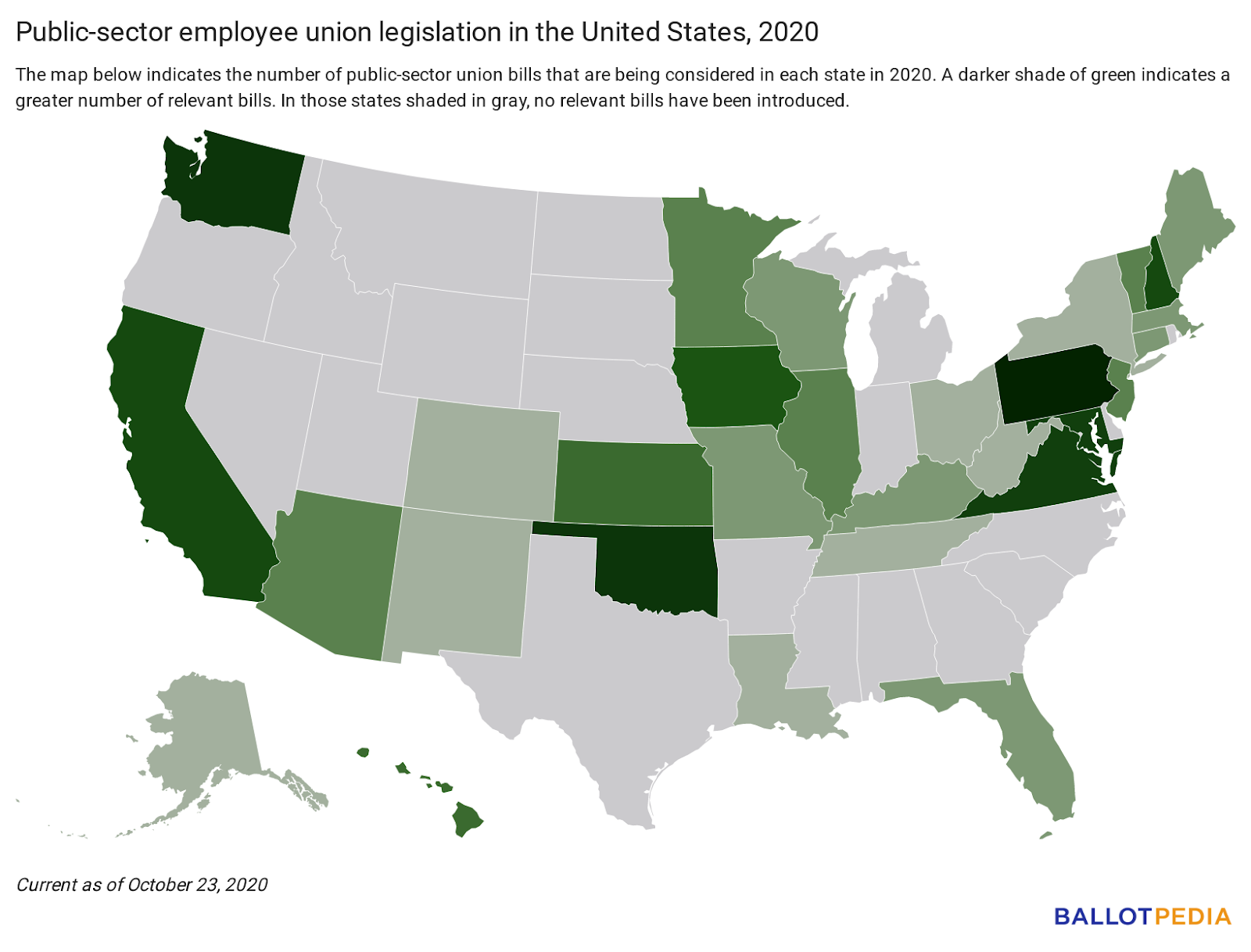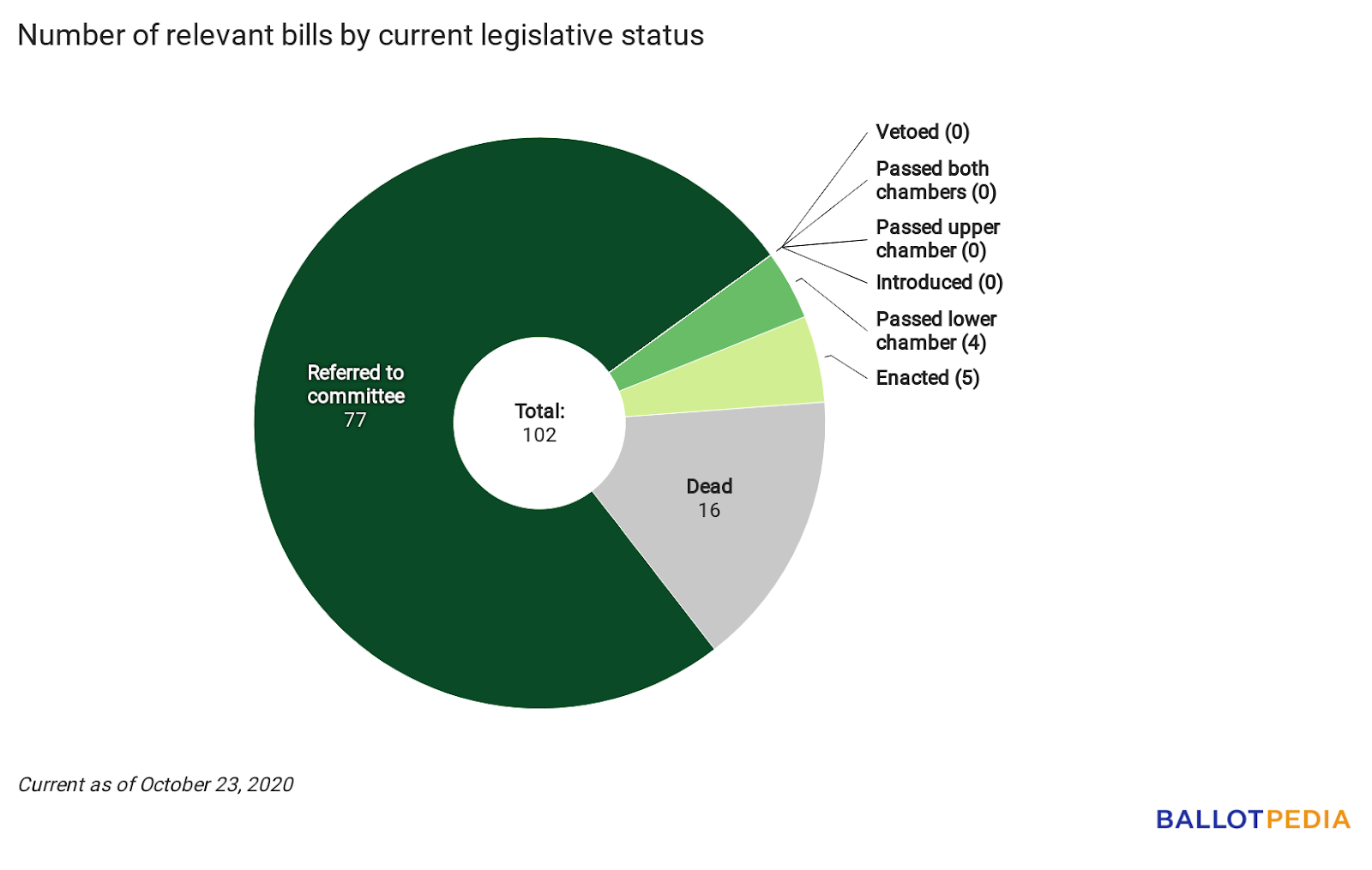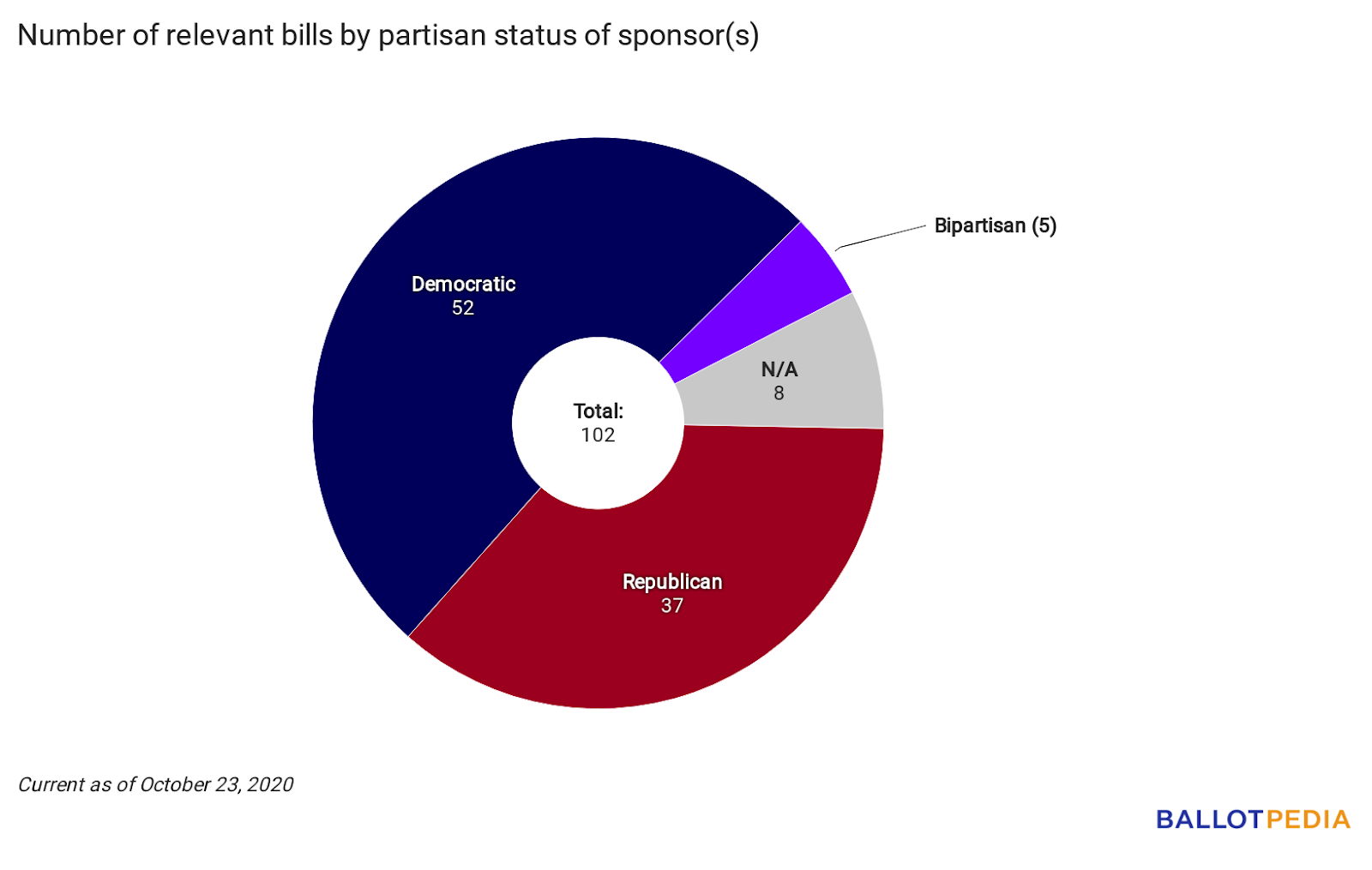Vermont enacts legislation granting public-sector unions greater access to new employees
On Oct. 12, Gov. Phil Scott (R) into law S254, omnibus legislation that will grant public-sector unions greater access to new employees and facilitate automatic dues deductions.
What does the legislation do?
The legislation will make the following changes to Vermont’s public-sector labor relations laws effective Jan. 1, 2021:
- Requires employers to provide unions with opportunities to meet newly hired employees, either during an employee’s orientation or within 30 days of being hired.
- Requires an employer to furnish a union with a list of all the employees within the union’s bargaining unit. This list, which the employer must provide annually, must contain every employee’s name, work location, job classification, and contact information (including home address, personal email address, and home and cell phone numbers).
- Grants employees the right to automatic union dues deductions. An employer must begin dues deductions within 30 days of receiving an employee’s written consent.
- Modifies the union certification process.
Other enacted public-sector labor bills
State legislatures in three other states have enacted public-sector labor legislation this year:
- California AB2850: Specifies that the Public Employment Relations Board has jurisdiction to enforce statutory provisions governing employer-employee relations within the San Francisco Bay Area Rapid Transit District.
- Virginia HB582: Repeals the prohibition against public-sector employee collective bargaining.
- Virginia SB939: Permits local governments to recognize unions as bargaining agents for public-sector workers.
- Washington HB2017: Establishes collective bargaining rights for administrative law judges.
Legislative history
Sen. Michael Sirotkin (D) introduced S254 on Jan. 9. On Sept. 4, the Senate approved the legislation and sent it to the House, which passed it with an amendment on Sept. 23. The Senate agreed to the House amendment on Sept. 24 and sent the bill to the governor on Oct. 6. Scott signed it into law on Oct. 12.
Political context
Vermont has a divided government. A Republican holds the governorship, but Democrats have majorities in both chambers of the state legislature.
What are the reactions?
Support
- Heather Riemer, the director of the Vermont chapter of the American Federation of Teachers, said, “It’s basically making sure employers don’t decide they want to make it harder for people to be union members by denying them the right to have their union dues taken out of their paycheck.”
Opposition
- Max Nelsen, the labor policy director at the Freedom Foundation, said, “If you happen to make it through that 60-minute orientation and you don’t sign up for union membership, It’s entirely possible that you’ll start receiving phone calls or emails or maybe a visit to your home on a Saturday morning from union organizers trying to get you signed up.”
What we’re reading
- WCAX 3, “New Vermont law aims to strengthen labor unions,” Oct. 21, 2020
- The Center Square, “Ohio state government employee asks SCOTUS to consider class-action lawsuit over refunds for previously paid union fees,” Oct. 19, 2020
- The Wall Street Journal, “Union Voters Are at Center of Trump vs. Biden Battle for Pennsylvania,” Oct. 17, 2020
The big picture
Number of relevant bills by state
We are currently tracking 102 pieces of legislation dealing with public-sector employee union policy. On the map below, a darker shade of green indicates a greater number of relevant bills. Click here for a complete list of all the bills we’re tracking.

Number of relevant bills by current legislative status

Number of relevant bills by partisan status of sponsor(s)

Recent legislative actions
No legislative actions have been taken on relevant bills since our last issue.

